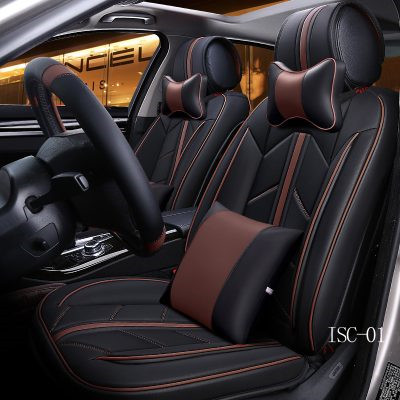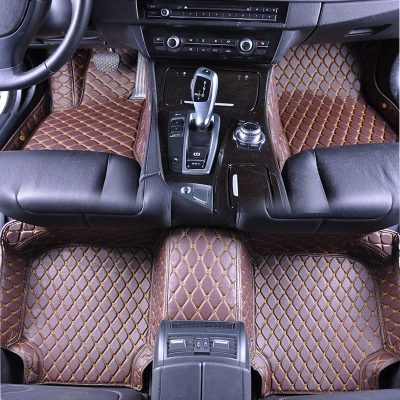Choosing the right car cover is essential to ensure proper protection for your vehicle. Here are some factors to consider when selecting the right car cover:
- Fit: The cover should fit your car snugly without being too tight or too loose. Look for covers specifically designed for your car’s make and model, or consider custom-fit covers for the best fit. An ill-fitting cover can cause damage to your car’s finish.
- Indoor vs. Outdoor: Determine whether you need an indoor or outdoor car cover. Indoor covers are usually lighter and offer protection against dust and minor indoor hazards. Outdoor covers are designed to withstand more extreme weather conditions, including rain, UV rays, and snow.
- Material: Car covers come in various materials, each with its own set of advantages and disadvantages:
- Cotton: Soft and breathable but not very effective against heavy rain or intense sun exposure.
- Polyester: Lightweight and durable, often treated for UV resistance and water repellency.
- Polypropylene: Offers good water resistance and is breathable, suitable for both indoor and outdoor use.
- Nylon: Lightweight and water-resistant, but may not be as durable as other materials.
- Vinyl: Provides excellent waterproofing but may not be as breathable, so it’s best for short-term outdoor storage.
- Weather Resistance: If you’re parking your car outdoors, consider covers with additional weather-resistant features like UV protection, waterproofing, and heat resistance. Look for covers with multiple layers or special coatings to ensure maximum protection.
- Ventilation: Proper ventilation is crucial to prevent moisture from accumulating under the cover, which can lead to mold and mildew growth. Look for covers with built-in vents or consider using a separate car cover support system to create airflow.
- Security Features: If you’re concerned about theft or wind lifting the cover, choose a cover with secure tie-down straps, grommets for locks, or a cable and lock system.
- Ease of Use: Some car covers come with features like elastic hems or zippers for easy installation and removal. Consider how convenient the cover is to use regularly.
- Storage Bag: A storage bag or carrying case is handy for keeping the cover clean and organized when not in use.
- Budget: Car covers come in various price ranges. While it’s important to consider your budget, prioritize quality and features that match your specific needs over price alone.
- Brand and Reviews: Research brands and read customer reviews to ensure you’re getting a reliable and reputable car cover. A trusted brand is more likely to provide a high-quality product.
- Warranty: Check if the car cover comes with a warranty, as this can give you peace of mind about its durability and quality.
- Special Features: Some car covers offer additional features like mirror and antenna pockets, access flaps, or reflective stripes for added convenience and safety.
Remember that the ideal car cover may vary depending on your location, climate, and storage conditions. It’s essential to assess your specific needs and choose a cover that provides the right level of protection for your vehicle.




















